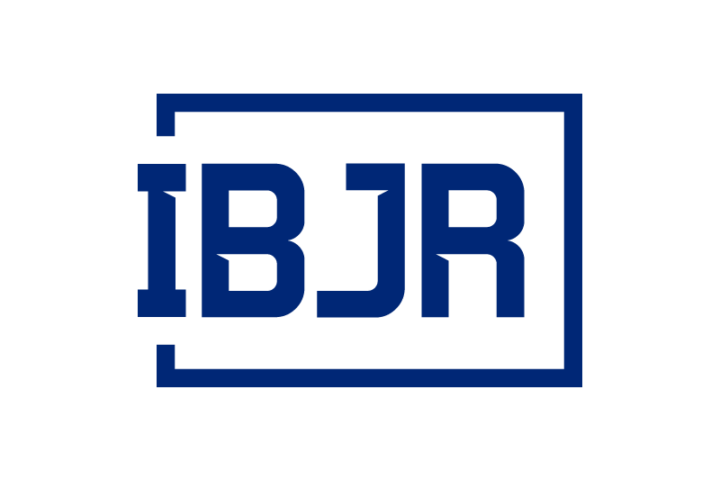Statement on the Proposal to Create the “CIDE-Bets” Tax

29 de October de 2025
Statement on the Proposal to Create the “CIDE-Bets” Tax
The Brazilian Institute for Responsible Gaming (IBJR), which brings together the leading sports betting companies from Brazil and around the world, considers the proposal by the National Confederation of Industry (CNI) to create the “CIDE-Bets” tax-imposing a 15% levy on each bet in the regulated market, to be gravely harmful to the country. This tax would penalize players who follow the law and directly benefit the illegal market, which would continue operating tax-free. As the sector aptly puts it: if betting legally becomes more expensive, Brazilians will turn to illegal operators.
The market already bears one of the highest tax burdens in the world for this sector: 12% on GGR, plus PIS/Cofins and ISS, resulting in a total consumption tax load of approximately 25%. There is no “tax break”, just a nascent industry struggling to survive against unfair competition from those who pay nothing.
The CNI’s proposal is also based on a serious economic mistake. Its estimated revenue of R$ 8.5 billion is vastly overstated, as the measure would further stimulate the illegal market, which already represents around half of all bets in the country. Illegal platforms do not pay taxes, and will not start doing so because of the CIDE-Bets. The effect would be the opposite: a shrinking tax base and an accelerated shift toward the illegal market. According to a study by LCA Consultoria, reducing the illegal market by just five percentage points could generate about R$ 1 billion more per year in public revenue.
“In practice, a 15% tax on each bet is equivalent to giving an inverted 15% bonus to the illegal market, a state-created incentive that would artificially increase the appeal of unregulated platforms. It would reward those who evade taxes and punish those who comply with the law. The inflated revenue projection behind the CIDE-Bets does not hold up under any realistic model of consumer behavior. When the regulated market becomes more expensive, tax revenue falls and crime grows,” says André Gelfi, director and co-founder of the IBJR.
The IBJR will continue to advocate for a balanced and effective tax policy, one that strengthens the regulated market, protects consumers, and increases public revenue by combating illegality, not by punishing those who play by the rules.
